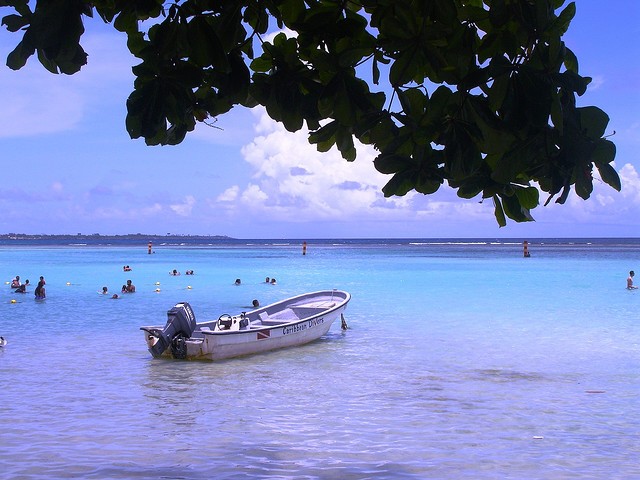
No le pares
Literal translation: don’t stop it. Meaning: don’t pay attention to it, don’t worry about it. Significado: no le prestes atención o no te preocupes por eso. Use: urban, colloquial
Post related to the Dominican Republic.





